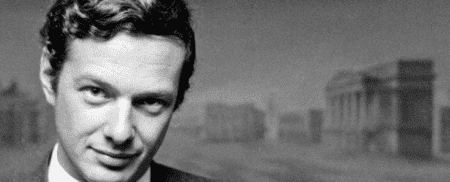Hans Fallada’s ‘The Drinker’
“The Drinker” is a novel by German author Hans Fallada, originally published in 1950 under the title “Der Trinker.” The novel is based on the life of the author’s friend, Ernst Rowohlt, and tells the story of a middle-aged man named Erwin Sommer who descends into alcoholism and despair.
The novel opens with Sommer’s arrest for drunk and disorderly behavior, and then jumps back in time to trace his gradual decline. Sommer, a successful writer and journalist, is unhappy with his life and feels alienated from his wife, family, and society. He turns to alcohol as a way of numbing his pain and escaping from reality, but his drinking quickly spirals out of control.
As the novel progresses, Sommer’s alcoholism has devastating consequences for himself and those around him. He loses his job, his home, and his family, and spends time in jail and psychiatric hospitals. Despite several attempts at sobriety, Sommer cannot overcome his addiction, and the novel ends with his death from alcohol-related illness.
“The Drinker” is a powerful and poignant portrayal of alcoholism, loneliness, and despair. Fallada’s writing is raw, honest, and often brutal, and he portrays Sommer’s struggles with empathy and insight. The novel is also a reflection on the wider social and political context of post-World War II Germany, with references to the Nazi regime and its impact on German society.
“The Drinker” has been widely acclaimed as a classic of German literature and has been translated into many languages. It has been praised for its unflinching portrayal of addiction and its devastating effects, and for its psychological depth and emotional resonance. The novel has been adapted for stage and screen several times, including a 1953 film adaptation directed by Helmut Käutner and starring Martin Held as Erwin Sommer.
Please find our first edition copy of Fallada’s masterpiece here









